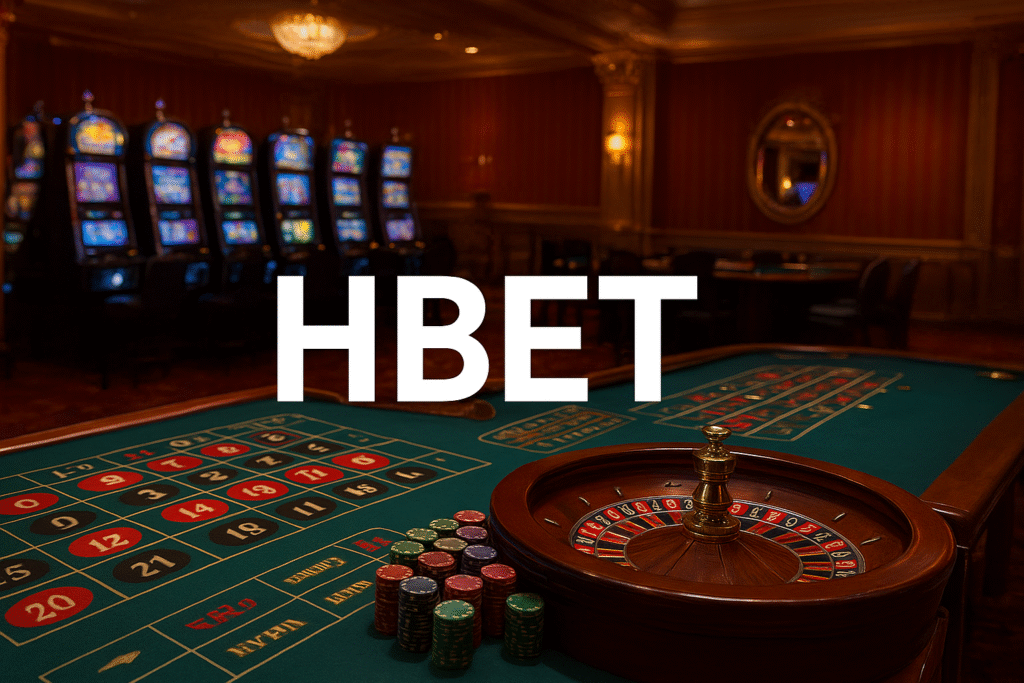Casinos have always fascinated people, not only because of the chance to win money but also because of the psychological elements built into every game. Whether you are at a slot machine, a poker table, or playing online roulette, the experience is designed to captivate your mind and emotions. Understanding the psychology behind casino games helps explain why millions of people return to them again and again.
The Role of Uncertainty
At the core of gambling lies uncertainty. Humans are naturally drawn to situations where the outcome is unknown, and this curiosity fuels excitement. Casino games thrive on this principle. Every spin of the wheel or flip of a card represents possibility—the chance that this moment might be the lucky one.
Psychologists refer to this as “intermittent reinforcement.” Unlike guaranteed rewards, intermittent rewards are unpredictable, making them more addictive. Slot machines, for example, provide small wins or near misses that keep players motivated to try again.
The Allure of Near Misses
Near misses are powerful psychological triggers. Imagine spinning a slot machine and getting two matching symbols with the third just slightly off. Even though it’s a loss, your brain interprets it as “almost winning,” which encourages continued play. Studies show that near misses activate the same areas of the brain as actual wins, fueling the desire to keep going.
Social Influence and Competition
Casinos are not just about individual play; they are also social spaces. Whether physical or online, they foster interaction. Live dealer games, poker rooms, and tournaments create a sense of competition and community. Players feel connected, and that social energy enhances enjoyment.
In addition, seeing others win—whether at a table or in an online chat—triggers a psychological phenomenon called “vicarious reinforcement.” Watching someone else succeed makes you feel that you could be next.
The Role of Lights, Sounds, and Design
Casino environments are carefully designed to maximize engagement. Bright lights, flashing colors, and celebratory sounds all create a sense of excitement. Even in online casinos, designers replicate this experience through animations and sound effects.
The sensory stimulation serves a purpose: it keeps players immersed, heightens anticipation, and makes even small wins feel significant. This combination of stimulation and suspense helps extend playing time.
Risk and Reward Balance
Humans enjoy risk when it is paired with the possibility of reward. Casino games balance this perfectly by offering both small and large payouts. Games like roulette provide varied levels of risk, while poker challenges players to combine skill with chance. This blend keeps players engaged, offering a balance between luck and strategy.
Responsible Play and Awareness
Understanding these psychological elements is important for responsible play. While the excitement can be enjoyable, it’s essential to recognize when it shifts into unhealthy behavior. Modern online casinos often include tools that help players manage their time and money, reminding them that gambling should remain entertainment, not a financial strategy.
Final Thoughts
The psychology of casino games explains why they are so compelling. By combining uncertainty, sensory stimulation, and social interaction, they create an experience that appeals to both emotion and logic. While the thrill of risk and reward will always attract players, awareness of these mechanisms can help ensure that gaming remains fun and balanced.
For those looking to enjoy a safe and entertaining environment, platforms such as hi88com provide diverse options while maintaining fair play and responsible features.
Conclusion
Casino games are more than just chance—they are carefully crafted experiences rooted in human psychology. By understanding how these elements work, players can enjoy the thrill while staying in control, ensuring that gaming remains a source of entertainment rather than stress.

